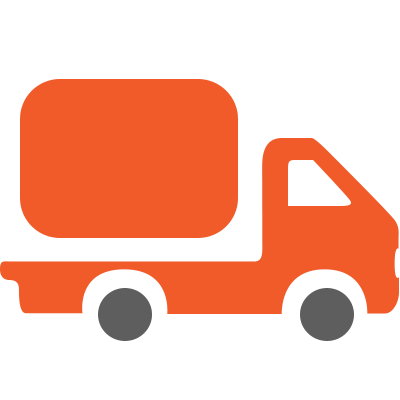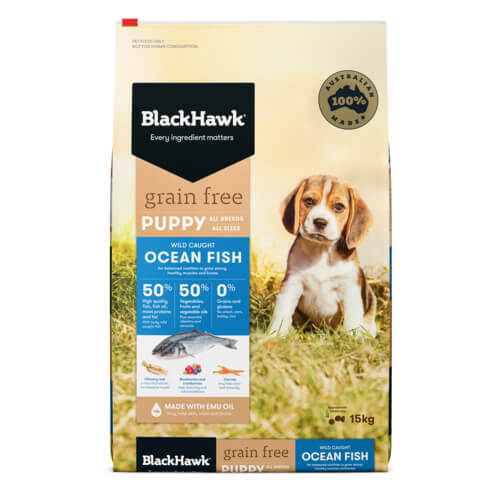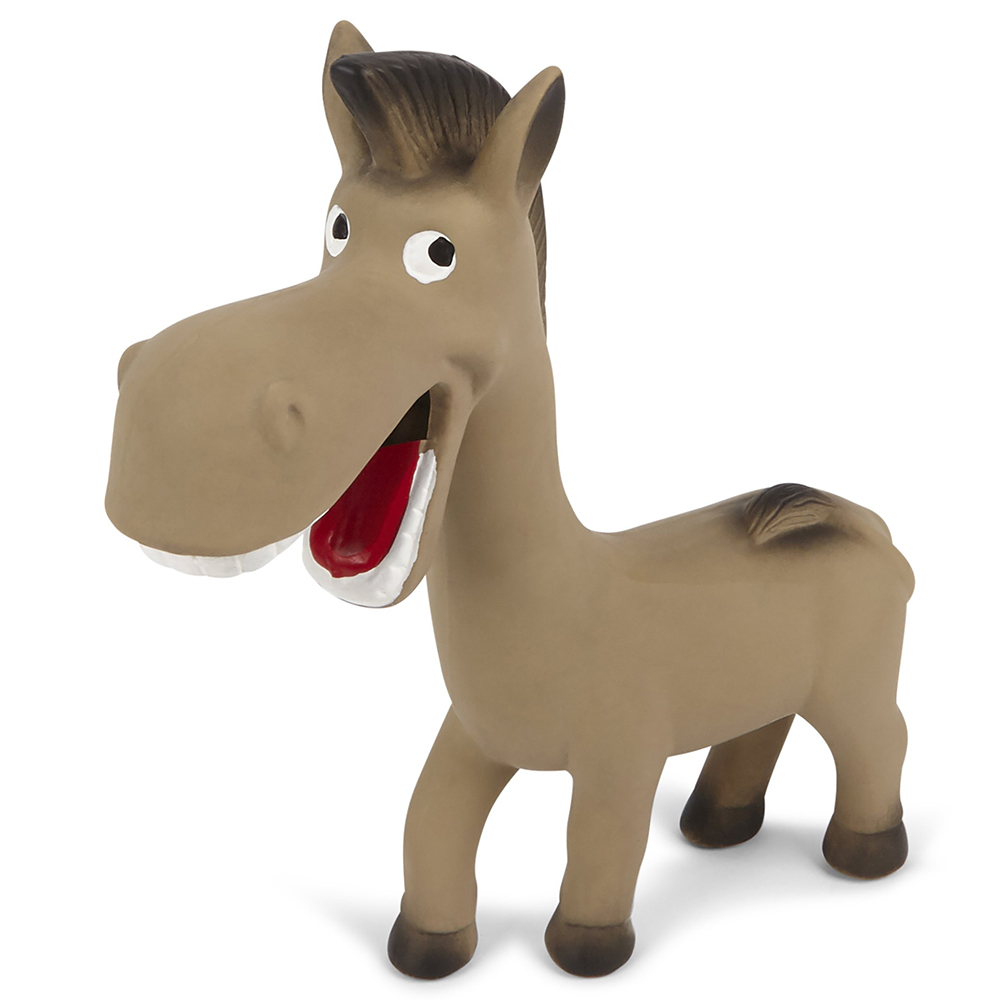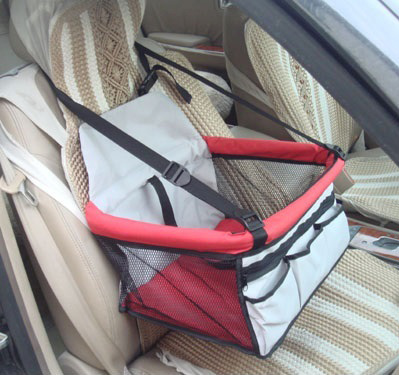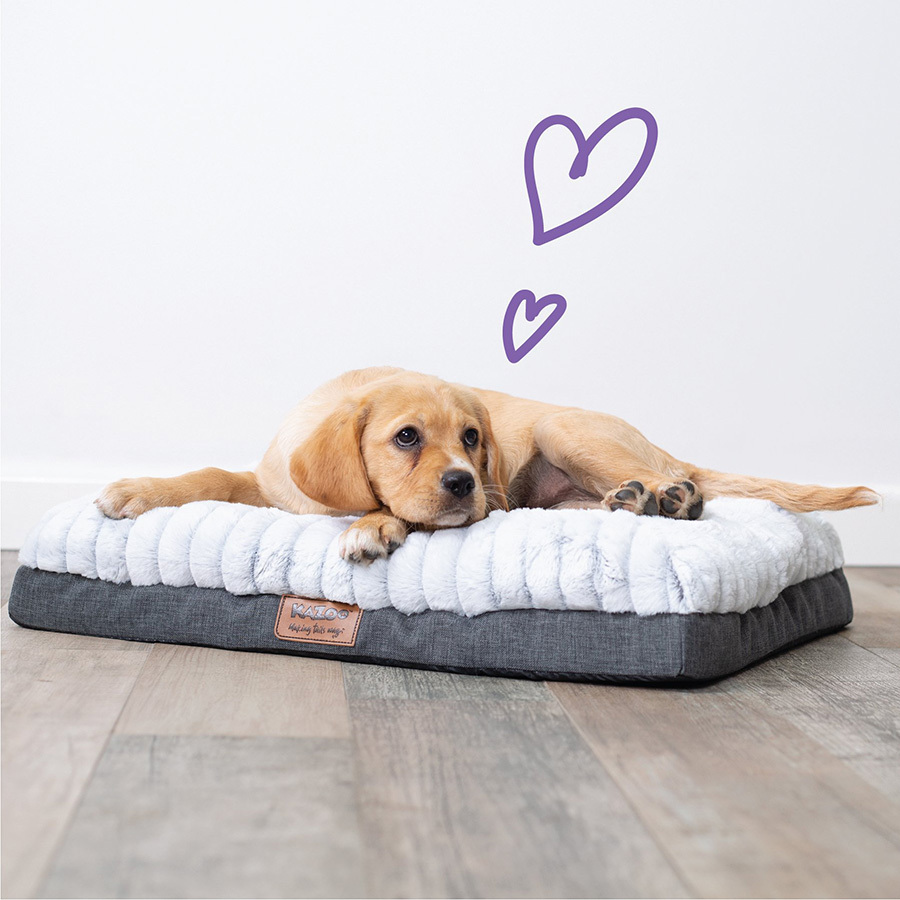New Puppy Shopping Checklist - For First Time Owners
By: Pet City Mt Gravatt On: 13 May 2021
Adopting a new puppy and not sure what you’ll need? Use our checklist to help point you in the right direction.
1. Puppy Specific Food
It's important to give your puppy a balanced diet while they're growing, that's why puppy specific foods are essential for young dogs. Large breed foods are also an option if you have a bigger puppy, like a Golden Retriever or Rottweiler for example. Bigger puppies need a proper calcium to phosphorus ratio to ensure bones grow strong and healthy!
There are many options to choose from and as pet-care experts we can recommend a variety of brands depending on your budget, your puppy’s specific needs and what you prefer to feed as an owner. Some great options are:
- Natural Option: Phoenix Chicken, Turkey & Duck (Aussie Made food)
- Science Based Option: Royal Canin Puppy (comes in mini, medium, maxi or giant breeds)
- Budget Option: Black Hawk Chicken & Rice or Optimum Puppy
- Raw Option: Big Dog Combo
It's best to feed your new puppy what the breeders/rescue did before to ensure no gastrointestinal disturbances. If for whatever reason you do need to change, a slow swap with added probiotics & digestive enzymes can really help.
2. Food-Dispensing Toys
Every puppy benefits immensely from mental stimulation and learning exercises. Feeding your pup out of a toy (yes, not a bowl!) can be extremely beneficial to their development. Puppies that are provided mental exercise like foraging balls and maze (slow-feeder) bowls are less likely to be bored and start problem behaviours like barking or destructive behaviour. It teaches your puppy to solve problems, it encourages them to exercise and it wears them out physically as well as mentally.
We recommend that you begin feeding your dog out of enrichment toys from the very first day!
3. Teething Toys
Puppies lose their baby teeth and will exhibit behaviours not dissimilar to human babies. They tend to chew things a lot more during this period because it feels good on their sore gums, and it provides a natural way to loosen teeth in preparation for the adult ones to come through.
Soft, rubber toys are great for teething pains and are absolutely essential to stop your pup from chewing things that might be dangerous, like electrical cords and fingers.

Join the club today
- Receive up to 20% off storewide
- Entry to monthly VIP giveaway draw
- Additional savings on most sales
- Exclusive offers
4. Long-lasting Chews
Do you need to keep your pet occupied while you, for example, vacuum or pick up the kids? Don't brush off the power a $2 tendon treat can have! While you might already be stocked up on puppy training treats, long-lasting puppy chews like pizzles, sheep ears or even veal tendons can be a life-saver when you need your puppy to settled down for a short period.
5. Toilet Training
Accidents happen. Be prepared with the right equipment to clean up the mess and to help break the habit and stop it from happening again.
You need:
- Enzymatic Cleaner
- Puppy Pads
- Toilet Tray
- Attractant
- Treats
6. Customisable ID Tag
Make sure your puppy has a return-ticket home with a ID tag with their name and your phone number engraved. Metal ID tags are a lot more secure and last for years, and can help your dog get back home if they ever get lost.
7. Car (Harnesses)
There are rules and regulations for travelling in a car with your furry friend. Dogs must remain seated or restrained in a particular area in your vehicle that will not obstruct the driver. Yes, unfortunately you are not allowed to drive with a puppy on your lap. That’s why it’s a good idea to invest in a harness or seat belt attachment for your dog that can be attached to your vehicle. If you have a ute, dog’s must also be restrained in a way that will not let them fall out of the vehicle.
8. Crates
Crates are one of the most beneficial training techniques in modern dog behavioural training. Utilising a crate in your every day routine is a great way to establish rules and boundaries with your puppy, as well as help with toilet training, travel and anxiety. We recommend your puppy sleep in their crate every night, feed them in their crate for most meals and use it for a 'calm zone' for when things get a little busy and they need a spot to relax.
Benefits include:
- Helps with Toilet Training
- Creates a safe zone which aids with anxiety
- Provides a sleeping area
- Sets them up with a routine and helps them get used to being alone
- Use for confinement when required (only as time-out to relax, NOT as punishment)
- Great for travel
Tip: The size you need depends on your puppy's size as an adult. Most dog crates come with a divider you can use while they are growing to adust the inside space as required. ie a Cavalier will need a size 30" and a Labrador will require a size 42"
9. Bedding
Ensure your pup is nice and snuggly with a dog bed. There are many types to choose from however it really comes down to your own preference for aesthethics and style. There are certain types of beds that cater for specific needs, however as a puppy it really doesn't matter - just choose one your puppy will fit on.
If you are getting a crate than only some styles will be appropriate (so check what size crate you need first)!


